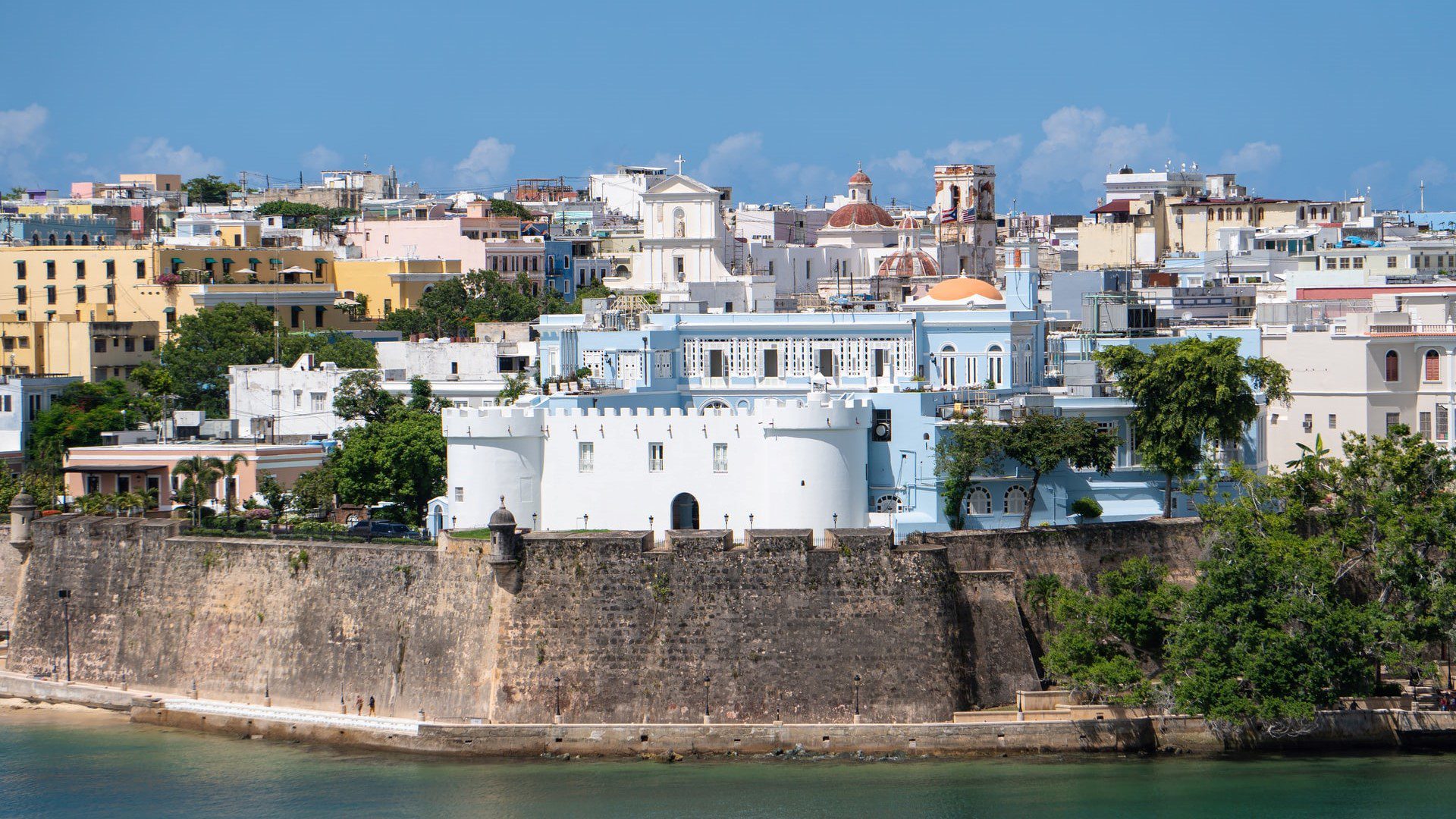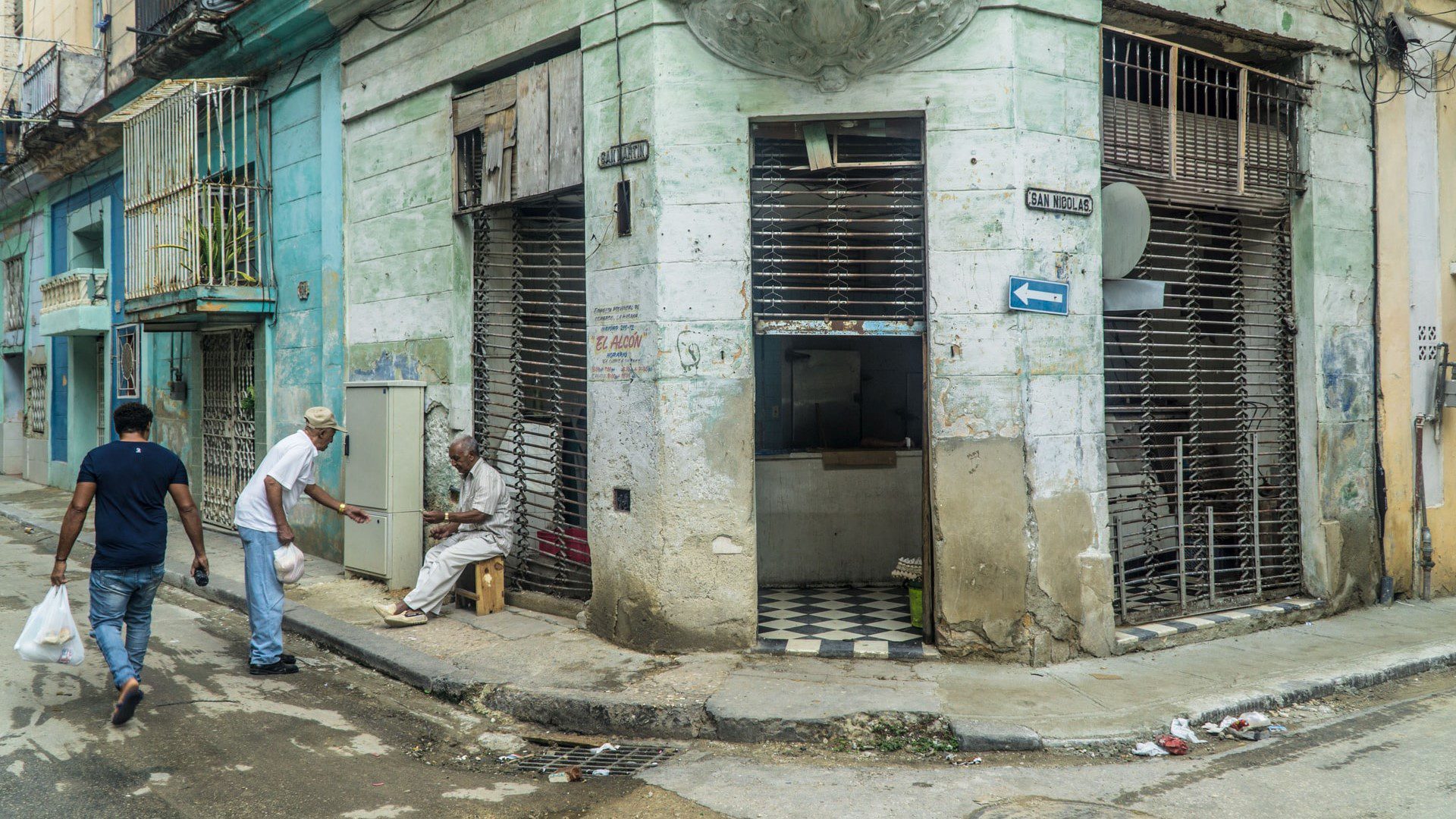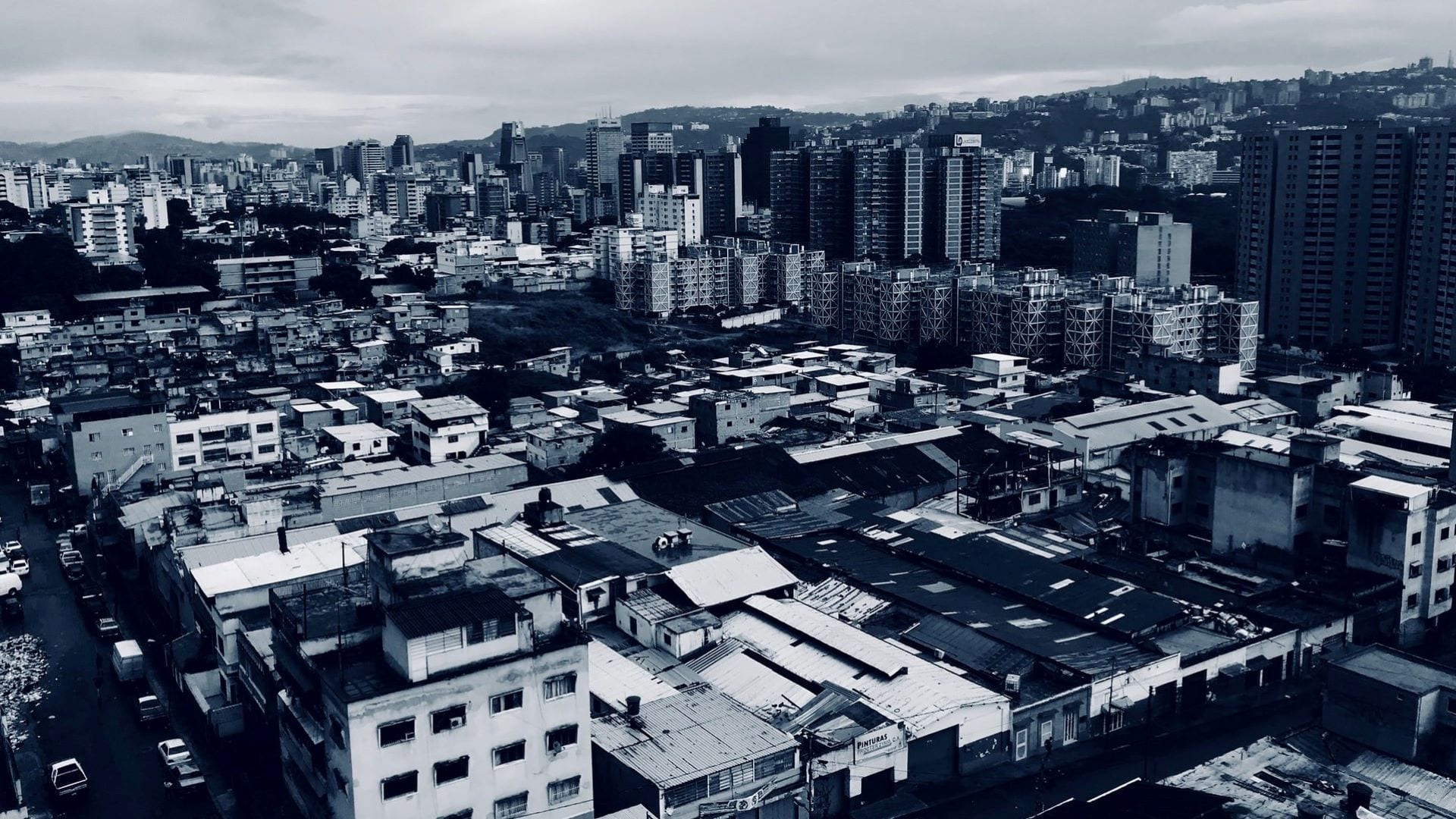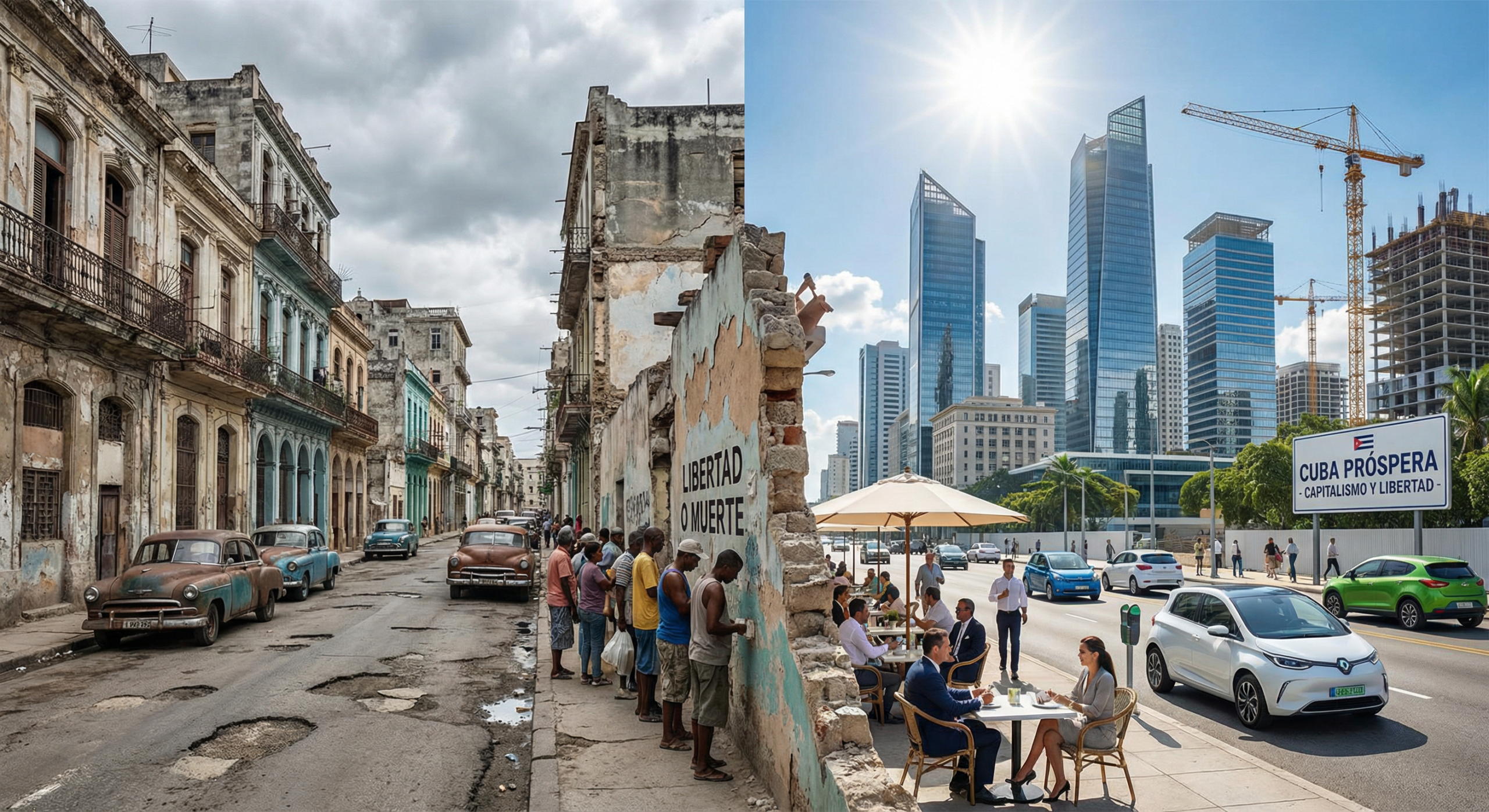Progress is a word that many politicians and political commentators use to promote economic policies that they claim will be good for the people.
They say it’s a progressive system that will allow the common people, especially the middle class and the poor, to live a better life.
They say their progressive economic policies will help reduce poverty and improve the lives of the people who need help the most.
On the surface, these promises sound universally good and acceptable. But what are the actual outcomes?
We must judge these progressive economic policies by examining the real life effects that they can and do have, and then draw our conclusions.
As Nobel Laureate economist Dr. Milton Friedman once said, “One of the great mistakes is to judge policies and programs by their intentions rather than their results.”
The minimum wage hurts the poorest
At first glance, minimum wage laws can seem like a good idea. If the government sets a higher minimum wage, then the wages of poorer workers will increase and poverty can be reduced.
But while supporters of minimum wage laws undoubtedly have noble intentions, minimum wage laws do more harm than good, and fail in its goal of reducing poverty. In fact, it can actually increase poverty instead.
This is because minimum wage laws increase unemployment.
When the price of a good or service increases, fewer people are able to afford it. Minimum wage laws make it more expensive to hire people, as the workers who are hired cannot be paid less than the minimum wage.
This causes employers and businesses to reduce the amount of workers they employ as they cannot afford to pay a higher wage to a large number of workers, thus causing unemployment.
Governments often place taxes on products like cigarettes to lower cigarette consumption or place tariffs on foreign goods to protect local industries. This discourages people from buying such products as they become more expensive and unaffordable for some people.
The same happens when the government places a minimum wage law which makes labor more expensive, it discourages people from hiring more workers.
Because of the minimum wage, youth unemployment rates increase. This is because, as wages are higher, competition for jobs increases, and employers would prefer people with more experience and someone willing to work full time for the cost.
Thus, it reduces demand for young workers with less experience, and those who work part time because they are students.
Proponents of the minimum wage are incorrect
Supporters of minimum wage laws argue there is no evidence that an increase in the minimum wage increases unemployment.
But a study by economists David Neumark and Peter Shirley found that there indeed is evidence, and that effect is particularly pronounced when it comes to teens, young adults, and the less educated.
Moreover, minimum wage laws won’t guarantee an increase in the pay of workers who do not lose their jobs either. This is because the employer may reduce the working hours of the employee in order to save money, thus the earnings of that worker may not even increase.
Proponents of the minimum wage retort that minimum wage laws actually decrease unemployment. This is because they believe that because of the higher wage, the workers will be more satisfied and it would increase their productivity. Since productive workers are beneficial for a business, people would hire more workers.
This misses the fact that employers may not be able to financially afford more workers because of the minimum wage laws. Despite the fact that business owners want to have productive workers, if they are not able to financially afford to hire those workers they will not hire them, even if they are productive.
Wealth taxes drain wealth out of an economy
Another progressive economic policy that would be disastrous is the wealth tax.
Most countries that had a wealth tax, such as France and Sweden, have abandoned it. Wealth taxes were difficult to administer, it did not raise sufficient revenue, and many rich citizens left these countries to avoid paying taxes.
Former French Prime Minister Edouard Philippe commented in 2017 that the wealth tax had forced 12,000 millionaires per year out of France. In Sweden, the wealth taxes caused capital outflows and many rich people to leave Sweden.
A study on the history of wealth taxation in Sweden by Magnus Henrekson and Gunnar Du Rietz concluded that “The magnitude of these outflows was a major motivation for the repeal of the wealth tax in 2007.”
When you have capital flight and an exodus of the rich, there is less capital to invest. This means businesses cease to grow, wages stagnate, and there are fewer jobs for all.
It is a noble goal to create a more just society, and to reduce poverty, but not all ideas work according to plan. If we truly want to create a better world we need to look at the real world impact that economic policies will have.
It is time to look for alternative solutions, because despite the name, progressive economic policies actually end up having a regressive effect on our economy.
For more content on the regressive effects of minimum wage laws, be sure to check out the Learn Liberty video below.
This piece solely expresses the opinion of the author and not necessarily the organization as a whole. Students For Liberty is committed to facilitating a broad dialogue for liberty, representing a variety of opinions. If you’re a student interested in presenting your perspective on this blog, send your piece to [email protected], and mention SFL Blog in the email subject line for your chance to be published and be seen!









